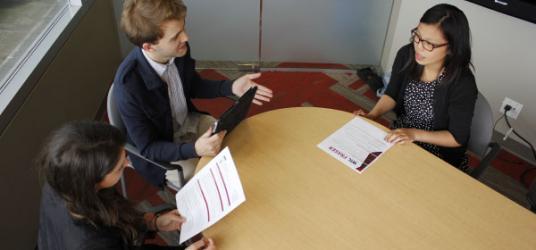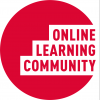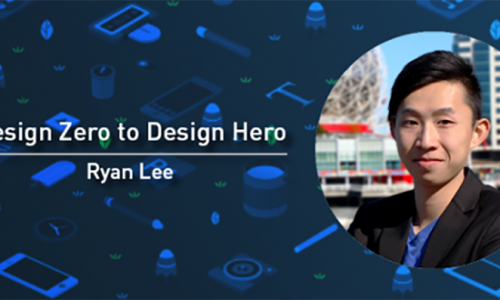
You’re likely to encounter a situation when you need to give someone constructive feedback on their work. It could be on a friend’s essay, or in a workshop, or even for a coworker. Many people struggle with providing helpful feedback. You don’t want to be too positive, ignoring possible errors, but you don’t want to crush the other person’s work either. To help, we’ve put together a quick list to help you give and receive helpful feedback.
When Giving Feedback…
-
Be clear, honest, specific and descriptive.
-
Choose your feedback carefully and focus on one item at a time.
-
Provide a description of an example and talk about the assumptions you made; ask a question for clarification.
-
Let the recipient problem solve their own solutions without advice.
-
Stick to the facts and your observations, try to avoid judgments.
-
Focus on the positive aspects first, and more fully than any negatives.
When Receiving Feedback…
-
Be curious and ask questions and obtain examples for clarification rather than advice.
-
Be open to others’ perspectives, but it’s up to you what action to take.
-
Use the information to learn how to change things for next time.
-
Be appreciative! Feedback is an opportunity for self-development.















